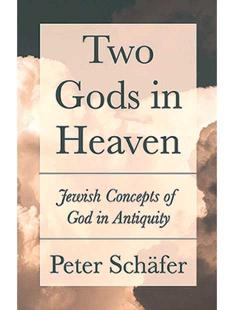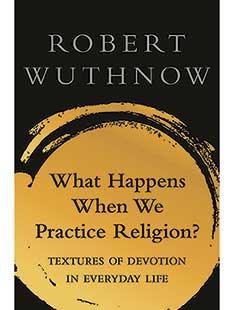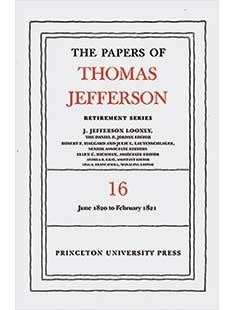It is difficult to conceptualize the enormity of the universe, but Lyman Page, professor of physics, creates an accessible entry point for readers. The Little Book of Cosmology (Princeton University Press) describes the discoveries scientists are making by studying the fading thermal afterglow from the Big Bang and illuminates future avenues for research into the cosmos.
What does “practicing” religion really mean? In What Happens When We Practice Religion?: Textures of Devotion in Everyday Life (Princeton University Press), a textbook-style work, sociology professor Robert Wuthnow employs interdisciplinary methods to explore religious practices, experiences, and other manifestations of religion in everyday life.
The Papers of Thomas Jefferson: Retirement Series, Volume 16: 1 June 1820 to 28 February 1821 (Princeton University Press), edited by J. Jefferson Looney *83, illuminates’ Jefferson’s public and private lives in his retirement years. This compilation of 571 documents, reflects Jefferson’s political, philosophical, and religious beliefs toward the end of his life. These writings include documentation of his insistence that slavery should be unrestricted in Missouri, while also exclaiming that liberty — in America and abroad — was ascendant, and his reflections on death and loneliness.
Ruins bear witness to past civilizations, but why has Western society been so fascinated by them? In The Ruins Lesson: Meaning and Material in Western Culture (University of Chicago Press), English professor Susan Stewart traces the history of this preoccupation, with a particular focus on the Renaissance and Romantic periods.





